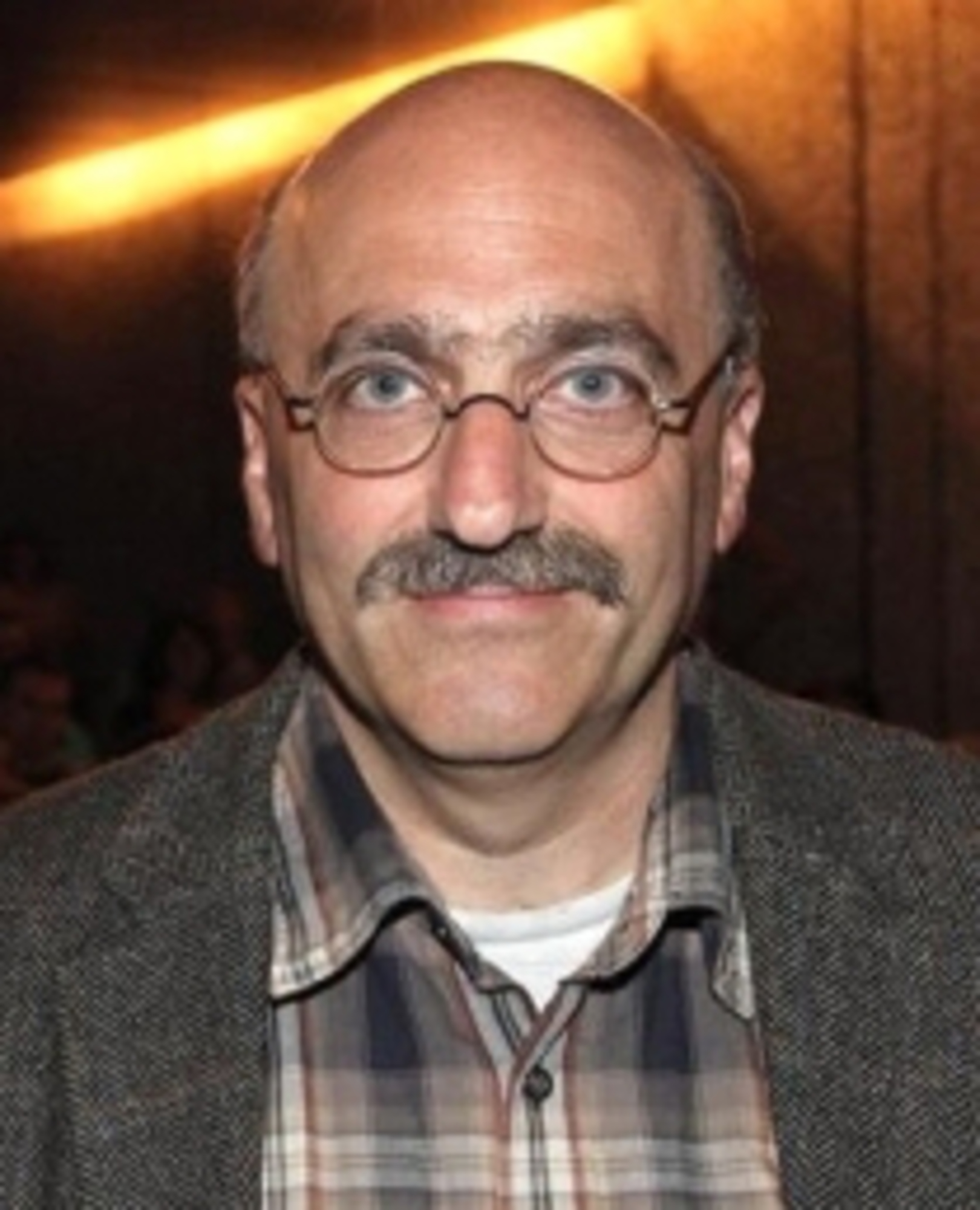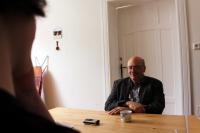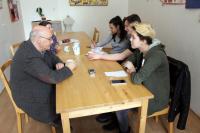Holocaust is an inexhaustible topic

Download image
Documentarist, director, producer and university teacher Pavel Štingl was born on June 16, 1960 in Prague. He graduated from the department of documentary filmmaking of the Film and TV School of the Academy of Performing Arts in Prague (FAMU) and he created over a hundred of documentary films on topics like political conflicts or holocaust, which were based on personal stories. He is the founder of the film club K2 and he has traveled to Romania, Albania, Upper Karabakh, China, South Africa, Israel and many other countries when searching for material for his films. At present he is the director of Shoah Memorial Prague, o. p. s., and of the project Memorial of Silence in Bubny in Prague 7.


